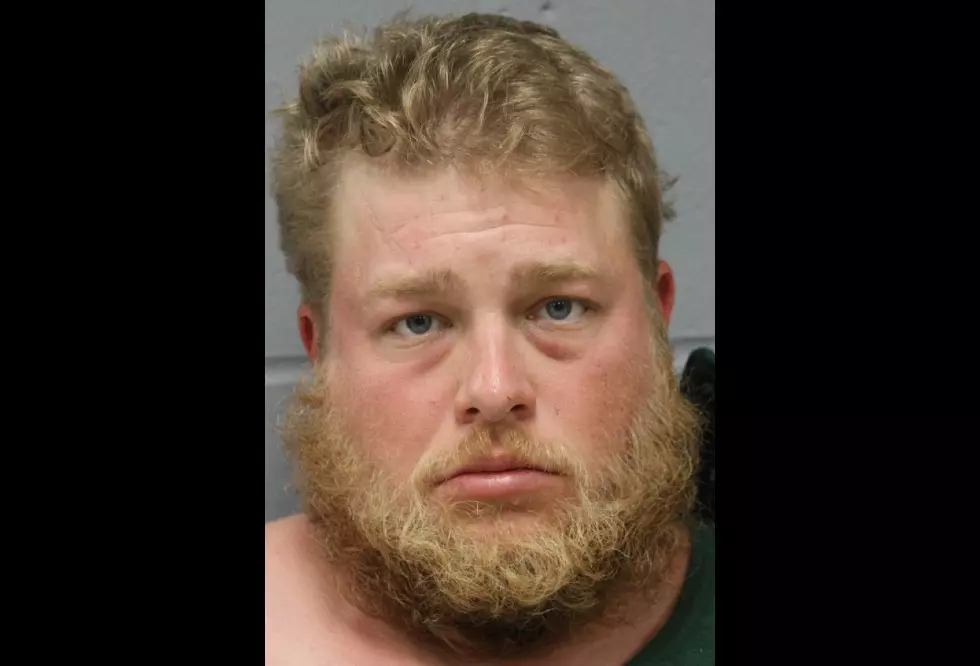
Federal Court Rules in Favor of Transgender Missouri Inmate
A federal district court in St. Louis has ruled that the Missouri prison system must provide hormone therapy for a transgender inmate serving a murder sentence.
The ruling Tuesday was in a lawsuit filed on behalf of Potosi Correctional Center inmate Jessica Hicklin. Hicklin, 39, is in prison for life, without the possibility of parole. She was convicted of first-degree murder in 1995, at age 16, for killing a man in a drug-related crime in Clinton. Hicklin went by her birth name, James, at the time of the crime.
Her lawsuit, filed in 2016, challenged a Missouri Department of Corrections "freeze-frame" policy that bars hormone therapy for inmates who weren't receiving it before being incarcerated.
The ruling by U.S. Magistrate Judge Noelle C. Collins follows a preliminary injunction granted in February that ordered the hormone therapy to begin.
Collins said in the order that Missouri's policy "fails by its very nature to account for the individual medical needs of transgender prisoners who suffer from gender dysphoria," violating the Eighth Amendment's guarantee against cruel and unusual punishment.
In addition to requiring the state and its prison medical provider, Corizon Health, to provide hormone therapy for Hicklin, the judge issued an order banning the freeze-frame policy.
"The court's decision to strike down this policy will save Ms. Hicklin from pain and anguish and spare so many others from the same abuse," Demoya Gordon, an attorney for Lambda Legal, a Washington-based non-profit for lesbians, gay, bisexual and transgender people and those with HIV and AIDS, said Wednesday.
Corizon Health spokeswoman Martha Harbin said in a statement that the company has been "complying with all court orders regarding this case and will continue to do so."
A spokeswoman for the corrections department declined comment but said the policy on granting hormone therapy changed in February in response to the preliminary injunction.
Hicklin has said it wasn't until 2015 that medical experts determined that she had gender dysphoria, in which people feel extreme distress because of a disconnect between their birth sex and gender identity. She has said that she felt she was a girl since she was very young.
"For years, I felt like I had been drowning," Hicklin said in a statement Wednesday.
The Bureau of Justice Statistics has estimated there are 3,200 transgender inmates in the nation's prisons and jails.
Perhaps the best-known case of a transgender prisoner seeking treatment was that of Chelsea Manning, the former Army intelligence analyst who served seven years in federal prison for leaking government documents to Wikileaks until President Barack Obama commuted the sentence in 2017. The Army agreed to pay for hormone treatments for Manning in 2015.
Federal inmates can receive treatment for gender dysphoria if an evaluation determines they need it, based on a policy enacted in 2011. The policy applies whether therapy was prescribed before or after the inmate entered federal custody.
In 2015, the U.S. Department of Justice wrote in a court filing that state prison officials must treat an inmate's gender identity condition just as they would treat other medical or mental health conditions, regardless of when the diagnosis occurred.
More From AM 1050 KSIS









